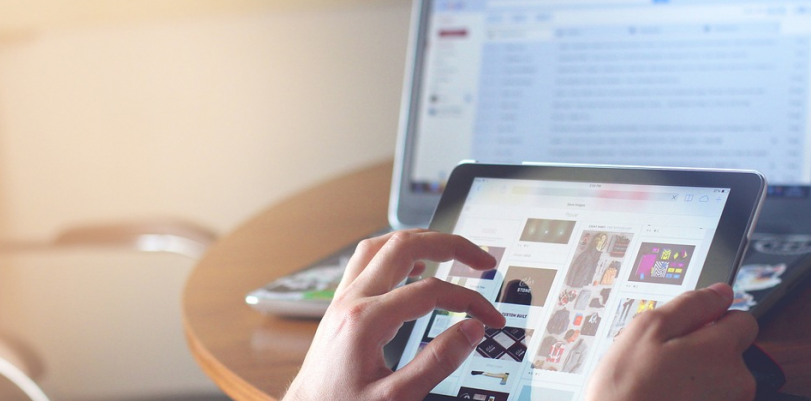Thanks to many misconceptions, lack of awareness, or straight out lies that we often see online, many are not aware of dangers that public WiFi can pose. Every time when people connect to the internet via public WiFi, they only think of free internet.
They do not worry about what it might happen to them. The popular opinion is ‘what are the odds of something happening to me?’ Well, as it turns out, the odds are against you, and it is time to face that.
Public WiFi is a dangerous thing, one that many hackers out there know how to use in their favor. Some of the public hotspots are even set up by those very hackers. They use them to get people to connect, and when they do, the hacker’s job is cut in half.
Make no mistake, this is completely true, and it is possible for you to become their victim. Since there are so many myths about the public WiFi, we thought that we should unmask some of the worst ones. Just keep reading, and find out which myths that you believed to be true are actually lies.
It is safe if it has a password
Some estimates claim that over 25% of all public WiFi is completely unsecured, thanks to the fact that it has no encryption. Basically, it doesn’t matter if the WiFi has a password, or how strong it is. No encryption means no real safety.
Hackers know this, which is why they are monitoring such WiFi, and even that is only if they have not set them up themselves. Using such hotspots can harm you in many different ways. However, sometimes you just don’t have any other choice.
Because of that, you need to set up as the best security system as you can yourself. Your best option is to use a VPN. These private networks are masters of online protection, and they offer encryption of their own.
Even if the WiFi is under surveillance, your own data will stay safe.
We recommend using TorGuard, GhostVPN, IPVanish, or PIA. Any of them will do, and their protection is among the best on the market. They will not only stop hackers, but also malware, ads, or any other online annoyance.
 |
 |
|
|---|---|---|
| Multi-platform Compatible | ||
| 256-AES Encryption | ||
| PRICE | $5 for 1 month with code "best10VPN" | $6.95 a month |
| Website Rating | 9.9 | 8.8 |
| 24/7 Live Chat | ||
| Residential / Dedicated IP for permanent streaming access | ||
| Has Mobile App + PC / Mac Support | ||
| Stealth VPN / Advanced Obfuscation techniques | ||
| Visit VPN Provider | Visit TorGuard | Visit PIA |
Paid hotspots are safe to use
If a hacker has bothered to set up a WiFi, why do you think that they won’t try to trick you again and ask for you to pay as well? This way, not only will they get your data, but also your money.
So basically, paying money for WiFi access guarantees absolutely no security. Thinking that it does is just a misconception that you should immediately stop believing.
Antivirus is protection enough
Antivirus software is a pretty good solution when it comes to protecting your devices from viruses. However, when it comes to protecting your data from hackers, it is absolutely worthless.
True, most hackers will try to send a virus or a malware first, and use them for spying or gaining control. However, they also have many other means of doing so. One of them is Evil Twin WiFi hack.
Basically, what hackers do here is that they set up an open WiFi hotspot. Their victims will see this as a free internet, and connect without a second thought. After all, they have their antivirus to keep them safe from malicious threats. What they don’t count on is that their data is completely vulnerable while they use this WiFi.
Your signing credentials are safe to use
Using your regular signing credentials when you connect to a public WiFi is like inviting hackers to steal them. They love this because you are under the illusion that you are safe, while they now have the means to steal your data or even money.
Some websites have HTTPS protection, but a lot of them do not. And you won’t always have the time to watch out for this. Sometimes you might simply forget to check. Hackers won’t. This is something that you absolutely must keep an eye out for. The best way to protect yourself is, once again, VPN.
It is better to use secure WiFi than 4G
Some people know how dangerous and scary WiFi can be, which makes them think that 4G is a better option. It is true that it is safer, but the catch is that 4G communications are tracked by police via stingray devices.
If you do anything risky while using 4G, make sure to use encryption via your VPN, and to cover your entire data flow. Otherwise, the authorities will see every action that you take, and record it.
Conclusion
You should never treat public WiFi as safe, because most of the time it is not. Not every hotspot is a hacker breeding ground, but any of them can be. Taking that chance can ruin your life, and it can lead to many scary consequences.
Losing your data and credentials can lead to privacy breaches, money theft, identity theft, and more. That is why you should always use a VPN, especially in public. However, in order to have your safety increased at all times, we also recommend using it at home.
